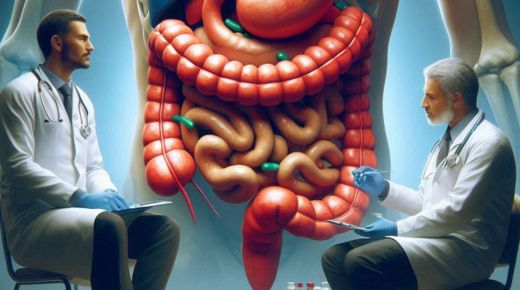Digestive health plays a crucial role in overall well-being. Primary care providers are key players in managing this aspect of health. They guide patients through regular check-ups, early detection, and prevention strategies. Unlike Greensboro emergency medicine, which focuses on acute issues, primary care aims to maintain and improve digestive health over time. Understanding what primary care providers do can lead to better health outcomes and a more resilient digestive system.
The Role of Primary Care Providers
Primary care providers offer comprehensive care for digestive health issues. They are often the first point of contact for patients with digestive concerns. Their role includes:
- Conducting routine screenings to catch issues early.
- Offering lifestyle guidance to support digestive health.
- Coordinating care with specialists when needed.
Common Digestive Health Issues
Primary care providers manage many digestive health conditions. Some common issues include:
- Heartburn and acid reflux.
- Irritable bowel syndrome (IBS).
- Constipation and diarrhea.
Preventive Measures
Prevention is a core part of digestive health management. Primary care providers recommend several strategies:
- Healthy eating habits.
- Regular physical activity.
- Avoiding excessive alcohol and smoking.
Comparison: Primary Care vs. Emergency Medicine
To understand the difference between primary care and emergency medicine, consider the following table:
| Aspect | Primary Care | Emergency Medicine |
| Focus | Long-term health management | Immediate, acute issues |
| Approach | Preventive and holistic | Reactive and direct |
| Patient Interaction | Ongoing relationship | Short-term, incident-based |
Importance of Early Detection
Early detection of digestive issues is crucial. Routine screenings by primary care providers can identify problems before they become serious. According to the Centers for Disease Control and Prevention (CDC), regular check-ups are vital in preventing complications and managing chronic conditions.
Coordinating with Specialists
Primary care providers often work with specialists to offer comprehensive care. They may refer patients to gastroenterologists for advanced treatment options. This collaboration ensures that patients receive the most effective care possible. According to National Institutes of Health (NIH), coordinated care leads to improved outcomes in managing complex digestive conditions.
Conclusion
Primary care providers are essential in managing digestive health. They offer preventive care, early detection, and coordination with specialists. By understanding their role, patients can take proactive steps toward maintaining digestive health. This leads to better overall health and quality of life.



